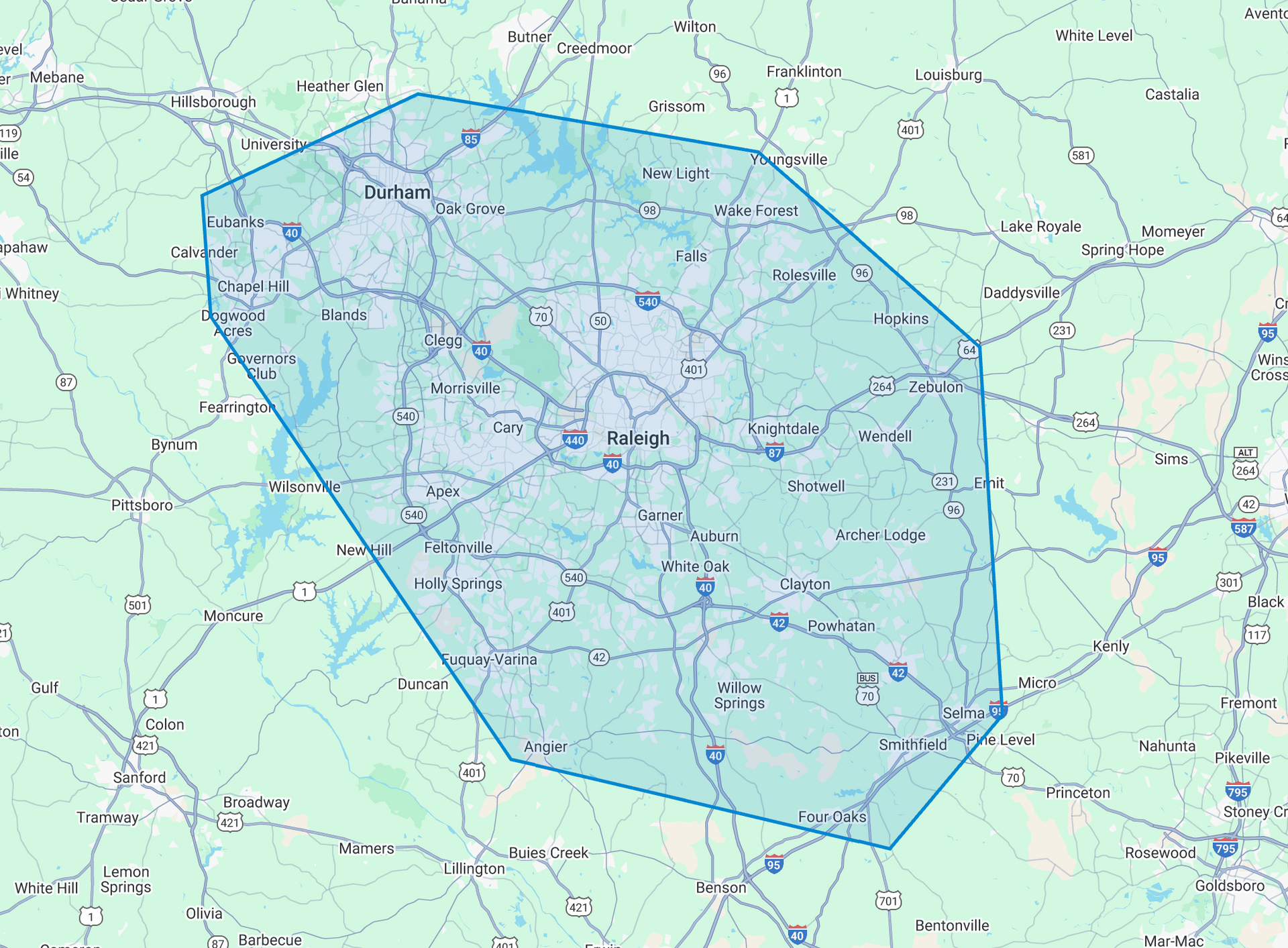How to Fix a Clogged Drain: DIY Tips & When to Call a Professional
A clogged drain is a common household problem that can disrupt your daily routine. Whether it’s a slow-draining sink or a completely blocked pipe, knowing how to fix a clogged drain can save you time and frustration. In this guide, we'll cover DIY solutions to clear your drains, common causes of clogs, and signs that it's time to call a professional plumber.
Common Causes of Clogged Drains
Understanding what causes a clogged drain can help you prevent future issues. Here are the most common culprits:
- Hair and Soap Scum – Hair buildup combined with soap residue can create tough clogs in bathroom sinks and showers.
- Grease and Food Waste – Cooking oils, fats, and food scraps can solidify in kitchen drains, causing blockages.
- Foreign Objects – Small objects, excessive toilet paper, or hygiene products can obstruct plumbing lines.
- Mineral Buildup – Hard water deposits can accumulate over time, reducing water flow and leading to blockages.
DIY Methods to Fix a Clogged Drain
Before calling a plumber, try these safe and effective home remedies:
1. Boiling Water Method
For minor clogs, pour a kettle of boiling water directly into the drain. This can help break down grease and soap residue. Avoid using boiling water if you have PVC pipes, as the heat can damage them.
2. Baking Soda & Vinegar
A natural alternative to harsh chemicals:
- Pour 1/2 cup of baking soda into the drain.
- Follow with 1 cup of vinegar and let it fizz for about 15 minutes.
- Flush with hot water to clear the debris.
3. Plunger Power
For tougher clogs, a plunger can create suction to dislodge blockages:
- Cover the drain with the plunger.
- Push and pull vigorously for about 30 seconds.
- Run water to see if the clog has cleared.
4. Plumbing Snake or Wire Hanger
A drain snake (or an unbent wire hanger) can be used to pull out hair and debris stuck in the pipes. Insert it carefully and twist to grab onto the clog before pulling it out.
5. Enzyme Drain Cleaners
If you prefer a store-bought solution, opt for enzyme-based drain cleaners, which are safer for pipes and the environment than chemical-based cleaners.
When to Call a Professional Plumber
While DIY methods can work for minor clogs, some blockages require professional help. Call a plumber if you notice:
- Recurring Clogs – If your drain keeps getting blocked, there may be a deeper issue in your plumbing system.
- Multiple Clogged Drains – When multiple drains in your home back up, it could indicate a problem in the main sewer line.
- Slow Drainage Despite DIY Fixes – If home remedies don’t work, the clog may be too deep or severe for simple solutions.
- Foul Odors – Persistent bad smells from drains could signal a buildup of waste, mold, or sewer gas.
- Water Backups – Water coming up through other drains (e.g., water backing up in the sink when you flush the toilet) suggests a major blockage.
Need Expert Help? Call Adam and Company Plumbing!
If you’ve tried DIY methods and still have a clogged drain, it’s time to call the experts at Adam and Company Plumbing. Our professional drain cleaning services can safely and efficiently remove even the toughest clogs, preventing future plumbing issues.

